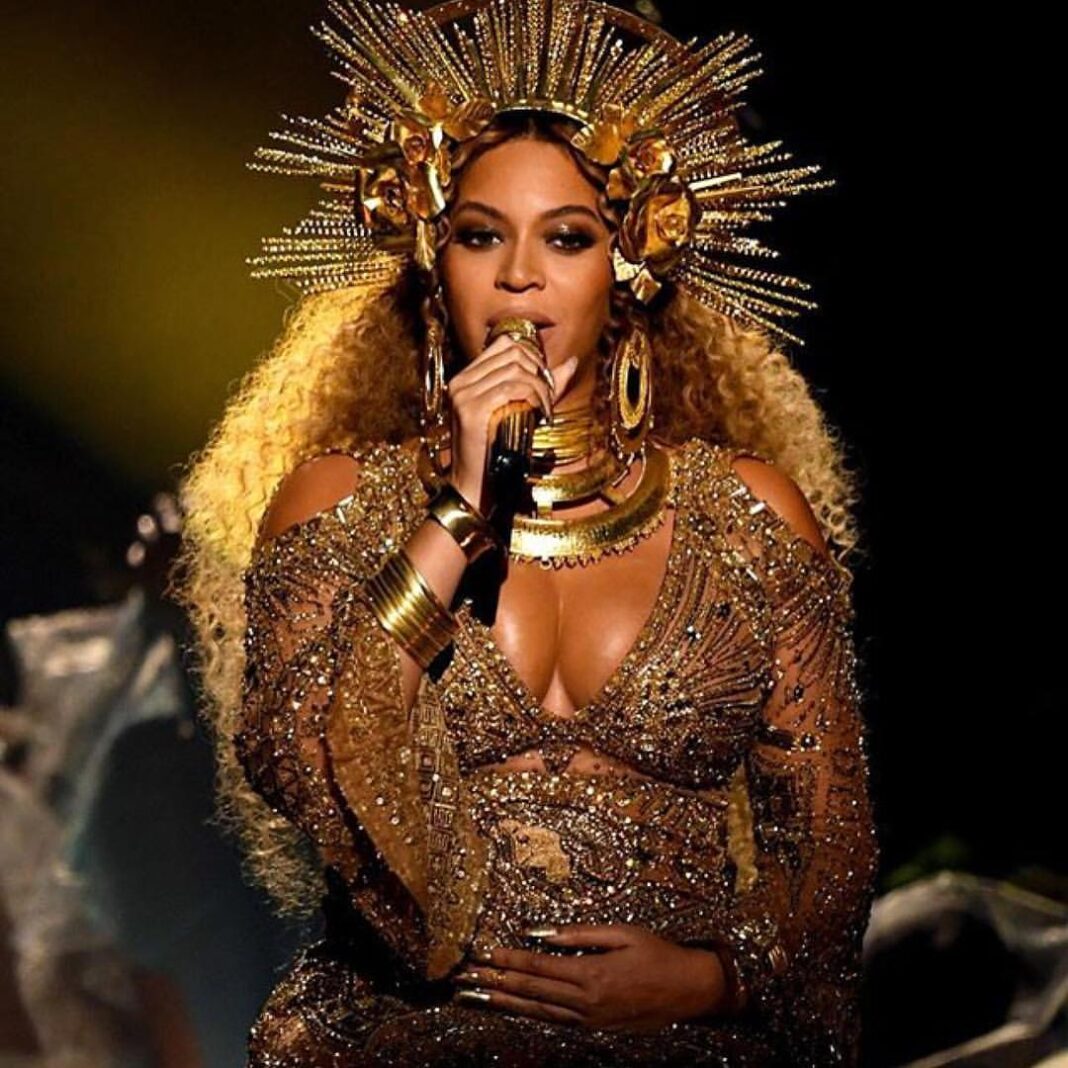Ìṣẹ̀ṣe Day is more than a festival—it is a sacred celebration of Yoruba culture, tradition, and spirituality. Rooted in the ancestral religion of the Yoruba people, Ìṣẹ̀ṣe predates both Christianity and Islam and remains the original spiritual compass of one of Africa’s most sophisticated civilizations.
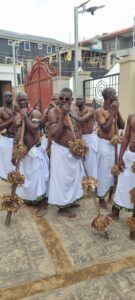
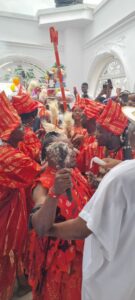
It is a day dedicated to remembering our ancestors, honouring our deities, and reaffirming the Yoruba worldview that life, culture, and spirituality are inseparable.
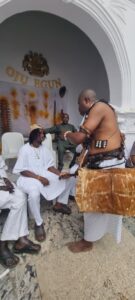
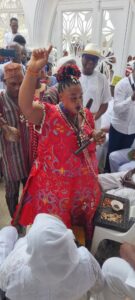
Across Yorubaland, celebrations include prayers, drumming, dances, and offerings to deities such as Ogun, Sango, Orisa Nla, Oshun, Oluweri, Esu, Egbe, and Odu. Families also honour their ancestors and departed souls, offering prayers and sacrifices for guidance and protection. At its core, Ìṣẹ̀ṣe is a period of spiritual awakening, cultural rejuvenation, and entertainment.

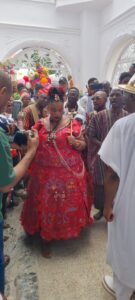
But Ìṣẹ̀ṣe is not confined to Nigeria. It is celebrated across the world—particularly in Brazil, Cuba, the Caribbean, North and South America, and Europe, where Yoruba descendants keep their traditions alive.
Documentaries like Greg Norman’s CNN feature on Ifa and Ìṣẹ̀ṣe revealed to the world the accuracy and depth of Yoruba divination, leaving even Western audiences in awe.
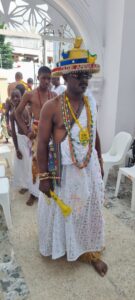

The Strength of the Yoruba People
The Yoruba are the single largest ethnic group in Nigeria, with a significant presence across ten states of the federation—a demographic reality no other Nigerian group can claim. With a population of over 50 million people, the Yoruba nation is larger than Germany, South Africa, and more than 80 other countries in the world.


This size, spread, and influence give the Yoruba people the demographic weight, cultural heritage, and intellectual capital to be a prosperous nation on their own.
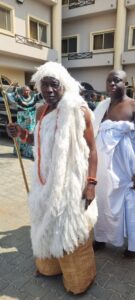

It also strengthens the case for formal recognition of Ìṣẹ̀ṣe Day as a national holiday—equal in standing to Christmas and Eid.
As Nobel Laureate Professor Wole Soyinka once declared:
“A people who forget their source will dry up like a river that loses its roots. Ìṣẹ̀ṣe is not just tradition—it is survival, renewal, and truth.”
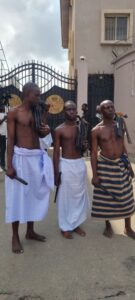

Former President Olusegun Obasanjo has also called attention to the global importance of Yoruba traditions:
“Yoruba culture is one of Nigeria’s greatest exports. Its language, its religion, its festivals—they are alive on every continent. Recognizing Ìṣẹ̀ṣe is recognizing our own strength.”
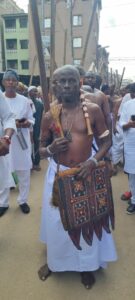
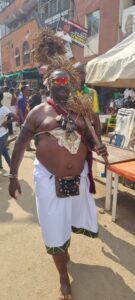
The Ooni of Ife, Oba Adeyeye Ogunwusi, spiritual leader of the Yoruba, has emphasized:
“Ìṣẹ̀ṣe is the foundation of Yoruba existence. To deny it is to deny our origin. Nigeria must give Ìṣẹ̀ṣe its rightful place as a national holiday alongside Christian and Islamic observances.”

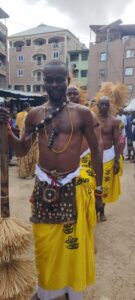
Supporting this call, Princess Dr. G. Fraser, MFR, cultural advocate and business leader, stated:
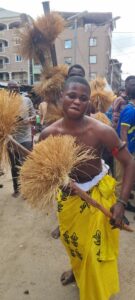
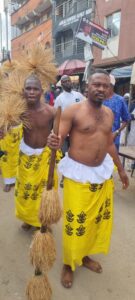
“This is not just about religion; it is about fairness, heritage, and pride. The Yoruba people, with our numbers and global influence, deserve the recognition of Ìṣẹ̀ṣe as a national holiday.”
Comparative Context: How the World Recognizes Ancestral Traditions
- Brazil: Recognizes Dia da Consciência Negra (Black Consciousness Day), tied to African heritage, as a public holiday in many states.
- Cuba: Yoruba spirituality is entrenched in Santería, openly celebrated and promoted with state support.
- United States: Recognition of Indigenous Peoples’ Day and Martin Luther King Jr. Day shows respect for heritage and identity.


- Peru & Bolivia: Indigenous New Year celebrations are national holidays, boosting both culture and tourism.
- Ghana: Recognizes Founders’ Day and Kwame Nkrumah Memorial Day, demonstrating respect for national history.


Nigeria, by contrast, has yet to give Ìṣẹ̀ṣe its due recognition—despite Yoruba traditions being among the most globally respected African heritages.
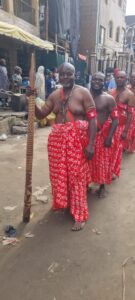

Economic Benefits of Recognizing Ìṣẹ̀ṣe Day
- Tourism Revenue: The Osun-Osogbo Festival attracts over 100,000 tourists annually. With official recognition, Ìṣẹ̀ṣe festivals could triple attendance and generate billions of naira.
- Diaspora Engagement: With 100+ million Yoruba descendants worldwide, recognition would position Nigeria as a cultural pilgrimage hub, pulling visitors from Brazil, Cuba, the U.S., and Europe.

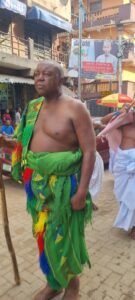
- Creative Economy Boost: Drummers, artisans, masquerade troupes, and performers would benefit directly. Nigeria’s creative sector already contributes 2.3% of GDP—Ìṣẹ̀ṣe could expand that further.

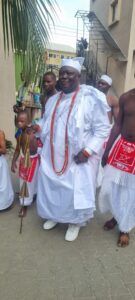
- Global Image: Like Ghana’s Year of Return 2019, which brought $1.9 billion into its economy, Ìṣẹ̀ṣe could transform Nigeria into a global cultural capital.
Why Nigeria Must Act Now
- Cultural Justice: Ìṣẹ̀ṣe is as central to Yoruba identity as Christmas is to Christians and Eid is to Muslims.
- Economic Growth: Heritage tourism is one of the world’s fastest-growing sectors.


- National Unity: Recognizing Ìṣẹ̀ṣe sends a message that all Nigerian traditions matter.
- Global Prestige: Nigeria must claim its place as the true custodian of Yoruba heritage before others dominate the narrative.
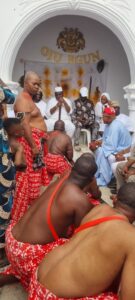
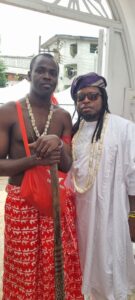
“A river that forgets its source will surely dry up.”
The Yoruba, Nigeria’s largest and most globally visible ethnic nation, cannot be ignored any longer. Recognition of Ìṣẹ̀ṣe Day as a National Holiday is both a cultural necessity and an economic opportunity.

Arewa O’ odua of Yorubaland wishes all descendants of Oduduwa a spiritually uplifting Isese Day. Isese a gbe wa. Isese L’agba.
Princess G. Adebajo-Fraser MFR.
Arewa O’Odua of Yorubaland.
The National Patriots.



